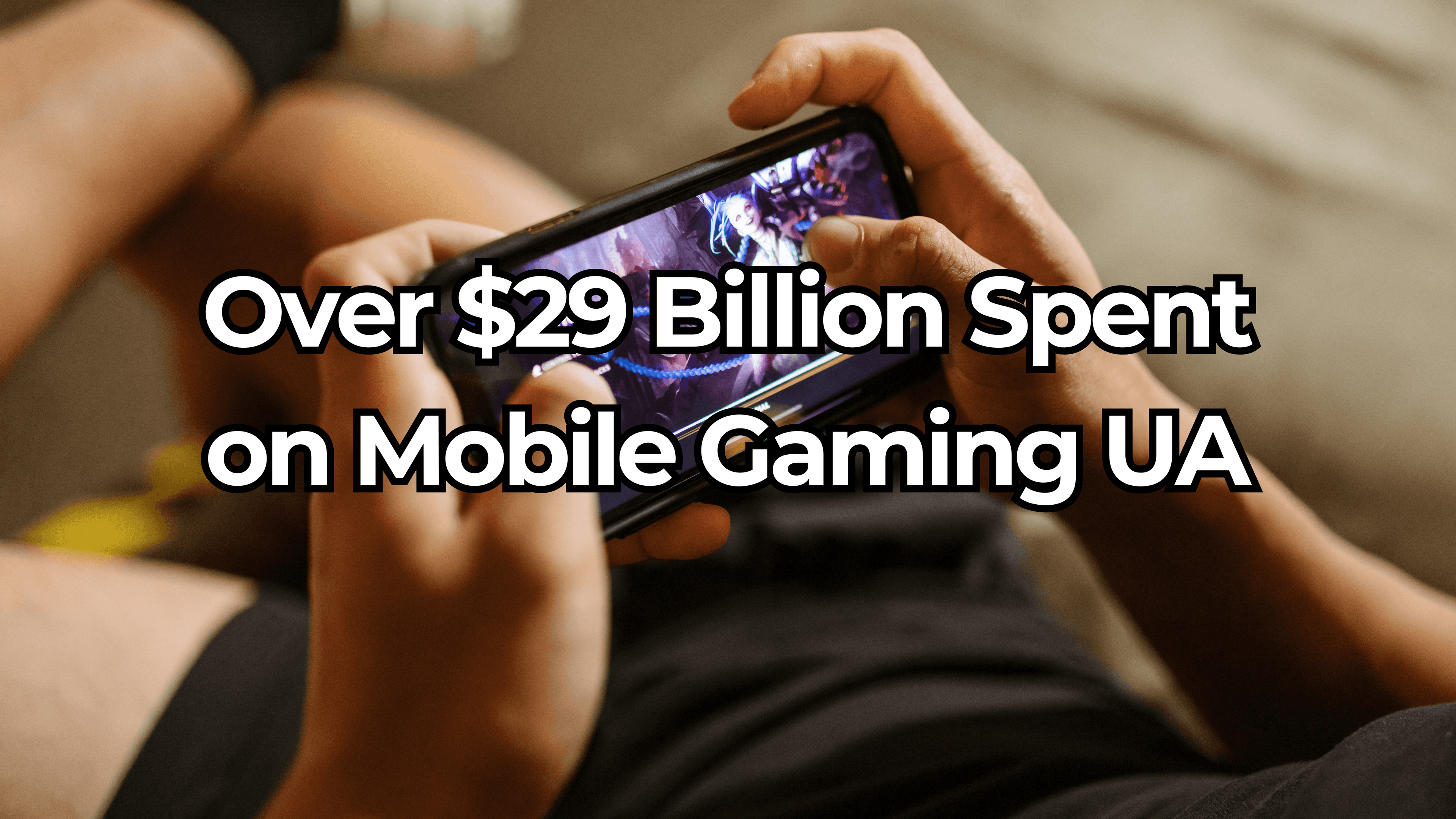For more than a decade, Supercell has been known for its disciplined approach to game development. The Helsinki-based studio built its reputation on producing only a few, highly polished titles, while canceling projects that did not meet its standards. Small, independent teams called “cells” worked quietly on prototypes, focusing on long-term engagement and global success. Games like Clash of Clans, Clash Royale, and Brawl Stars became massive hits, demonstrating the effectiveness of this careful, data-driven approach.
However, by 2024, the studio faced a challenge. No major new title had broken out globally since Brawl Stars in 2018. The traditional method of extended soft launches appeared increasingly insufficient in an industry where attention and discoverability are costly. Supercell’s solution was Squad Busters, a project that represented both a break from tradition and a high-stakes experiment.
Skipping the Soft Launch
Squad Busters departed from Supercell’s usual process by moving directly to a global launch, skipping the months-long soft-launch cycle the company had relied on for years. The decision was fueled by confidence in internal data, feedback from Apple and Google, and the combination of multiple Supercell IPs into a single game. Leadership aimed to test whether the company could successfully validate a concept without the traditional iterative testing process, effectively recalibrating its approach to high-risk, high-reward development.
A Marketing Campaign on a Blockbuster Scale
The launch of Squad Busters resembled a film premiere more than a typical mobile game release. Supercell enlisted A-list Hollywood talent, coordinated global PR efforts, and ran multi-channel influencer campaigns across YouTube and TikTok. Apple and Google supported the launch with prominent featuring, ensuring maximum visibility.
The marketing effort created a cultural moment, and the strategy initially succeeded. The game reached the top of global charts, surpassed 60 million downloads, and generated around $25 million in monthly revenue. For a brief period, Squad Busters captured the attention of both players and industry observers.
Understanding the Cost of Going Big
Squad Busters represents one of the largest investments in mobile gaming history. According to industry estimates, the game’s paid user acquisition alone cost approximately $65 million, with 25 million installs coming from paying users. Hollywood talent and production added roughly $20 million, influencer partnerships accounted for another $20 million, and global PR campaigns contributed about $5 million.
Development itself spanned five years, involving around 60 people across Helsinki and London, costing an estimated $30 to $45 million. In total, the fully loaded budget approached $150 million, a figure that dwarfs the $70 to $80 million in revenue the game generated before being canceled.
Despite the shortfall, the scale of investment underscores the realities of modern mobile gaming. Attention is expensive, discovery is increasingly dependent on large marketing campaigns, and soft-launch testing no longer guarantees success.
Lessons for Supercell and the Industry
The story of Squad Busters can be interpreted in multiple ways. From one perspective, it was a misstep. By bypassing the soft launch, Supercell exposed the game to flaws that could not be corrected post-launch, ultimately leading to cancellation.
On the other hand, it can be viewed as a calculated experiment that allowed the studio to test its own risk tolerance. The project prompted significant internal changes, including the departure of the COO and CMO, the removal of the Chief Game Lead position, and the creation of Spark Labs and AI Labs to explore new development approaches with internal and external talent.
Squad Busters also reflects broader trends in the mobile gaming industry. Creating a top-tier title now requires nine-figure investments, significant marketing campaigns, and cross-platform promotion. Organic discovery is increasingly rare, and success is closely tied to visibility in the crowded mobile market.
The Takeaway
Squad Busters may not have achieved long-term commercial success, but it provided Supercell with critical insights into risk, investment, and strategy. It demonstrated that even established studios must occasionally take large-scale creative risks to remain relevant. While the game itself will not continue, the lessons learned from the experiment are likely to influence Supercell’s future projects and offer guidance for the wider mobile gaming industry.
Source: Deconstructor of Fun
Frequently Asked Questions (FAQs)
What was Squad Busters?
Squad Busters was a mobile game developed by Supercell, launched in June 2024. It combined elements from multiple Supercell IPs and aimed to capture global attention with a high-profile marketing campaign.
How much did Supercell invest in Squad Busters?
The total investment in Squad Busters was estimated at approximately $150 million, including development, marketing, influencer partnerships, and Hollywood talent.
Why did Supercell skip the soft launch for Squad Busters?
The studio aimed to test whether internal data and platform feedback could replace the traditional soft-launch process, reducing development cycles and taking a larger creative risk.
Was Squad Busters successful?
While it achieved initial success with over 60 million downloads and around $25 million in monthly revenue, the game ultimately failed to retain players and was canceled, generating $70–80 million in revenue against a $150 million investment.
What impact did Squad Busters have on Supercell?
The project led to leadership changes and the launch of new initiatives such as Spark Labs and AI Labs. It also encouraged the company to reassess risk-taking and creative experimentation in mobile game development.
What does Squad Busters teach about the mobile gaming industry?
The experiment illustrates that modern mobile games require significant investment in marketing and user acquisition. Organic discovery is rare, and building a top-tier global game often involves nine-figure budgets and large-scale campaigns.




